RE-POST
And now, the end is near, and so we face the final cinematic curtain. My film friends, I’ll say it clear, we stated our case for Oscar snubs, of which I’m certain. Regrets, hell yeah, we have a few, the Academy would argue there are too few to mention. So we did what we had to do, saw this 100 Performances Oscar Forgot through without exemption. We planned each choice, and yes, there were times we knew that these great performers bit off more than AMPAS could chew. We loved, we laughed, we cried, a ridiculously excessive share of losing – the tears subside, and we find it all so amusing. The Oscar history record shows, and what we have written here, we took the blows. But more, much more than that, we did it our way.
Nathan Lane for The Birdcage (1996) – – – Joey Moser @JoeyMoser83
To be perfectly honest, everyone in Mike Nichols’ The Birdcage could have been nominated for Academy Awards. Even though it was only nominated for Best Art Direction at the 1996 ceremony, the cast thankfully picked up a statue for Outstanding Cast in a Motion Picture at the Screen Actors Guild Awards the very same year. The big, hysterical heart that beats throughout the entire film, however, belongs to the dramatic and grand Nathan Lane as Albert Goldman. When we are first introduced to Albert, he’s having a hissy fit that seems all too familiar. The Birdcage, the drag nightclub downstairs, is anxious to get Albert’s alter ego, Starina, onstage. Albert thinks that his husband, Armand, is cheating on him with a younger man, and he refuses to go on stage. Armand, desperate to get Albert in costume, is played by an understated Robin Williams, and their confrontation in this scene is classic. “Look at me! I’m this short, fat, insecure, middle-aged thing!” he screeches to anyone who will listen. The best scene in the film is when Armand tries to teach Albert to be manly. At an outdoor restaurant, Armand instructs Albert to “walk like a man” and to picture John Wayne. Lane walks the outdoor patio with what can only be described as an Igor-ish schlep. He saunters back and forth, and Albert’s commitment to being manlier is laugh out loud funny. Nichols reportedly had such a hard time not laughing while filming this scene that he had to have a soundproof blanket draped over him while Lane and Williams performed. There is nothing quite like a queen performing to the back row, and Lane imbues Albert with a huge heart and an even bigger penchant for the dramatic both onstage and off. I dare you to not laugh at every squeal and scream. Albert is never not his authentic self, and he does it with such flamboyant flair that it’s criminal that he didn’t win any individual awards.
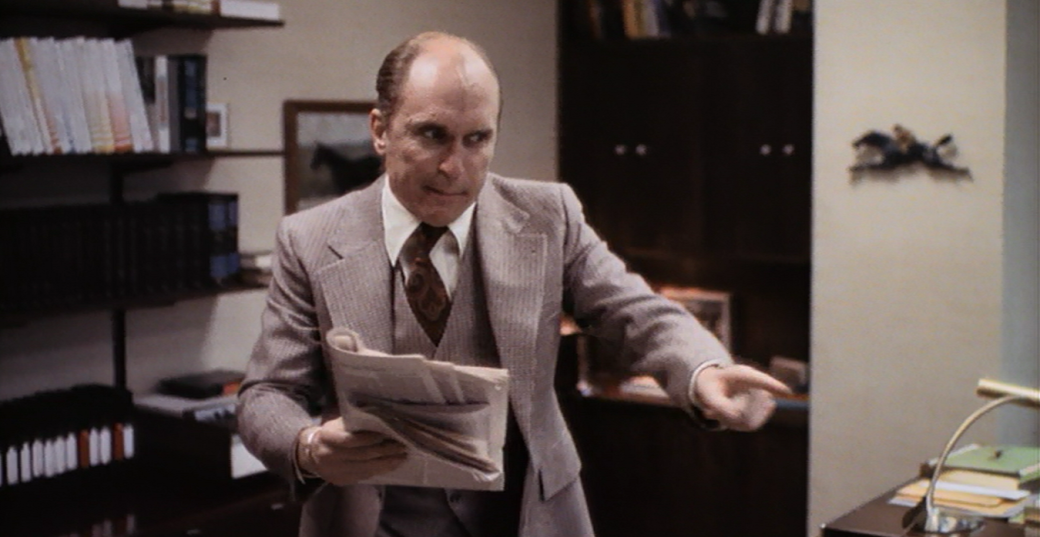
Robert Duvall for Network (1976) – – – Robin Write @WriteoutofLA
Robert Duvall’s Executive Senior Vice President of the network Frank Hackett is not quite a bully or a thug, he is just a no-nonsense, fast-talking fellow who certainly does not mince his words. With the great, great screenplay from Paddy Chayefsky to work from, Duvall has little choice but to expel such chunks of adrenaline-fueled sentences as “I’ve had it up to here with your cruddy division!” or “It’s a big, fat, big-titted hit!” – and that is where the top-tier actor Duvall really shines here, in his sheer gut-busting delivery of the dialogue. Hackett just wants the sinking ship of a TV network to be a big fucking success, and he is knocking over the bullshit to make sure that happens. Even his flippant willing to listen to ideas from co-workers about the prospect of murdering the enigmatic Howard Beale is satirically ruthless. AMPAS went bonkers with Network in 1977, yet failed to take Best Picture and Director (Sidney Lumet), handing 3 of the 4 acting Oscars to the movie: Peter Finch (beating co-star William Holden), Faye Dunaway, and Beatrice Straight. Also nominated in Supporting Actor, for me Ned Beatty’s surprise nod over the meatier and more dynamic performance by Duvall will always remain a mystery to me.
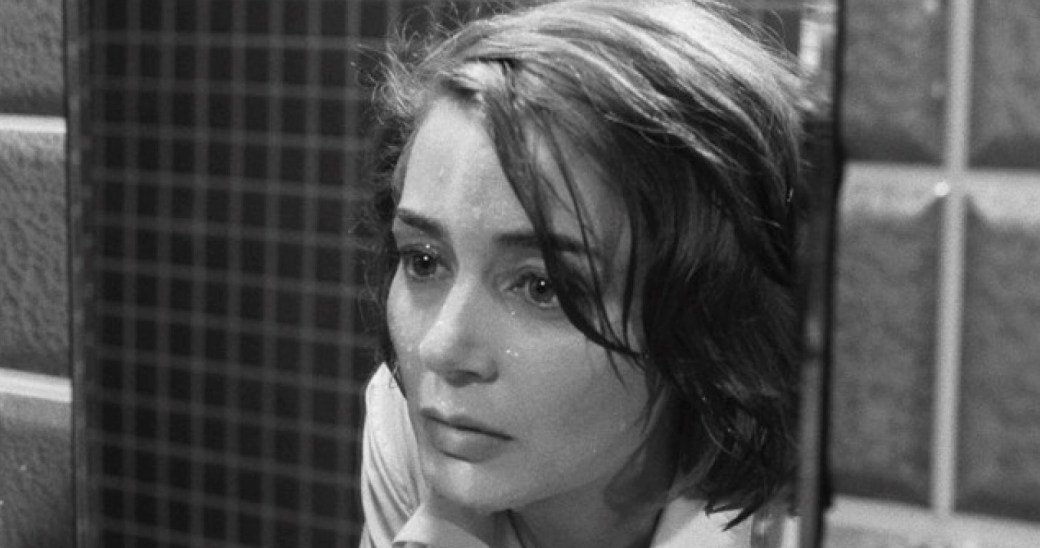
Emmanuelle Riva for Hiroshima Mon Amour (1959) – – – Asif Khan @KHAN2705
Alain Resnais made one of the most acclaimed and studied films, a revolutionary cinematic act that introduced new narrative techniques and delivered an immensely haunting meditation on the nature of memories and their constant intrusion on present, forming who we really are. One of the numerous shockingly amazing aspects of this film is the electrifying performance given by Emmanuelle Riva who plays a French actress staying in Hiroshima for a film she stars in and is having an affair with a Japanese architect. The structural and basic narrative flourishes in the film gives Riva such an expansive stage of sorts to play her character with every possible shade, nuance and layers. Her character sees the horrors of Hiroshima (the re-build city, structures – among which she stands with her lover) and is drawn back to a similar affair she had with a German soldier for which she was shamed and held captive by her own parents. Riva’s performance gives an extra bit of emotional push to the film, her face expresses the agitation, heartache, terror, love and other conflicting emotions brought by her present and her past. Tremendous portrayal that stands alongside some of the best this cinema has offered, yet ignored by the Academy even though the film was nominated for its screenplay. Riva holds not only our attention to her (magnificent beauty) but our hearts and souls as she pours out all her character’s most personal and deepest of feelings. Whether in those long conversations where the camera can’t get enough of her or the flashback sequences where her character is nothing less than your classic tragic heroine. A film and a performance too great to be real.
Michael Shannon for Take Shelter (2011) – – – Tobi Ogunyemi @spaceliontobi @SpaceLioncs
There is something special, something that is especially cinematic, in seeing a great partnership between a director and an actor that not only seems their work together time and time again, but sees them bring out the best in each other. As he has appeared in all of the director’s features so far, from leading man to small character piece, that has clearly been the case with Jeff Nichols and Michael Shannon, especially in their work together in Take Shelter. Shannon, one of the most exciting American actors with a nearly infinite unparalleled range, plays Curtis – a small-town construction foreman married to Samantha (played by Jessica Chastain) with their special needs daughter Hannah. It’s the picturesque Middle America existence that comes under siege by the harrowing nightmares, visions, epiphanies that Curtis has about an epic storm that is coming to destroy everything in its path. Taking this completely seriously, Curtis upends his life to act accordingly and the film’s premise, Nichols’ directing and Shannon’s performance, allows the character to go through all the notion that one would consider with this. Is he going crazy? Is any of this real? Is it just from his subjective point of view? How does all of this effect that real Middle American life with all of its consequences? In a deconstruction, and ultimately subversion and defined, of the biblical Great Flood, the story takes Curtis on a lonely man journey on what to do with this catastrophe looming large overhead and how it effects one mentally and physically. For an actor like Shannon, with so man tools at his disposal, it’s a great demonstration of all he can use and not use at once. One of Shannon’s greatest gifts is that he can go bonkers, all out, without losing the strand of something concrete that makes the performance tangible in the first place. He can be hilarious and wry at once, and he can use his bulging eyes to incredible effect as well, which he does when we see that Curtis was right all along. “Is anyone else seeing this?” In regards to his performance, yes. Its a harrowing one by Michael Shannon that stands alone in a loaded field from 2011.
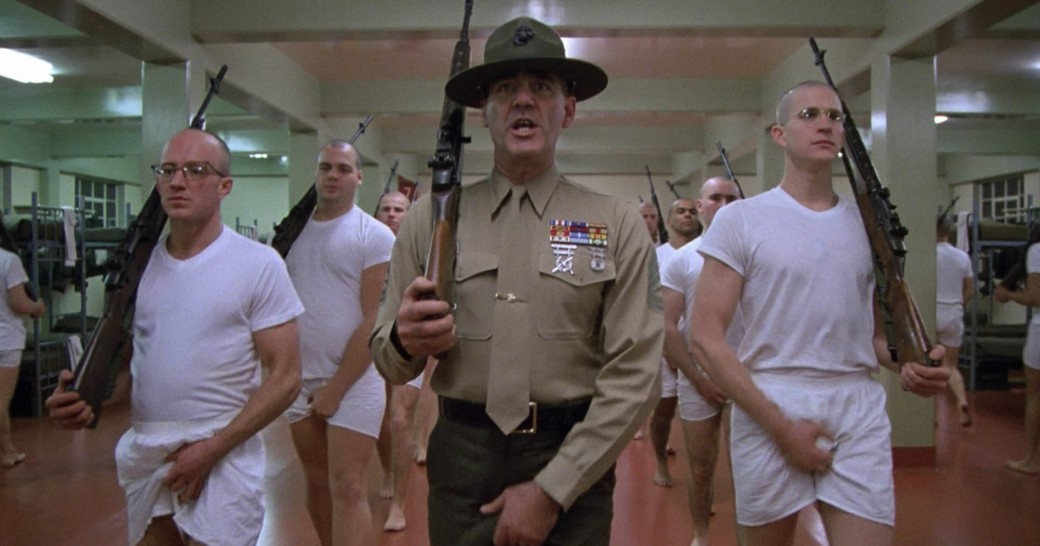
R. Lee Ermey for Full Metal Jacket (1987) – – – Robin Write @WriteoutofLA
What more is there to be said about R. Lee Ermey’s unforgettable portrayal of Gunnery Sergeant Hartman in Stanley Kubrick’s attempt at heavy morality warfare in Full Metal Jacket? Taking his own personal experiences of being a U.S. Marine drill instructor and serving in the Vietnam War, Ermey explodes authentically yet terrifyingly across that first act, meaning that you are still in the fall-out of his foul-mouthed disciplinarian even during the harrowing scenes in Vietnam that follow. Brandishing a lot of his own dialogue – was Ermey or Kubrick the boss here – the violence and abuse that flow from his mouth during the opening kill-training is both extremely explicit and blackly funny: “You best unfuck yourself or I will unscrew your head and shit down your neck!”. We’ve all quoted this film, but I suspect we wouldn’t be anywhere near close to laughing were we one of his Private Warfaces. Ermey has been an outright contender for years as one of the worst omissions in the Academy’s history. His brutal, frenetic performance is relentlessly brilliant, Ermey doesn’t appear to pause or take breath for a second. He’s inspired many such cruel characters since then, arguably this would include the most recent Best Supporting Actor – I hope J.K. tipped his hat to R. Lee in some way.



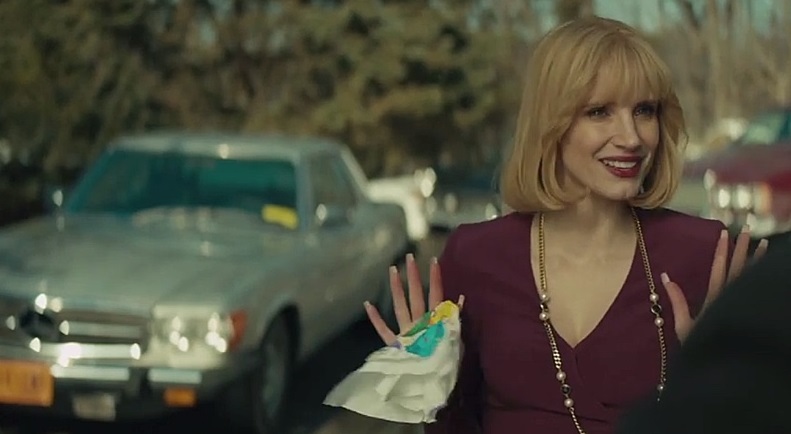
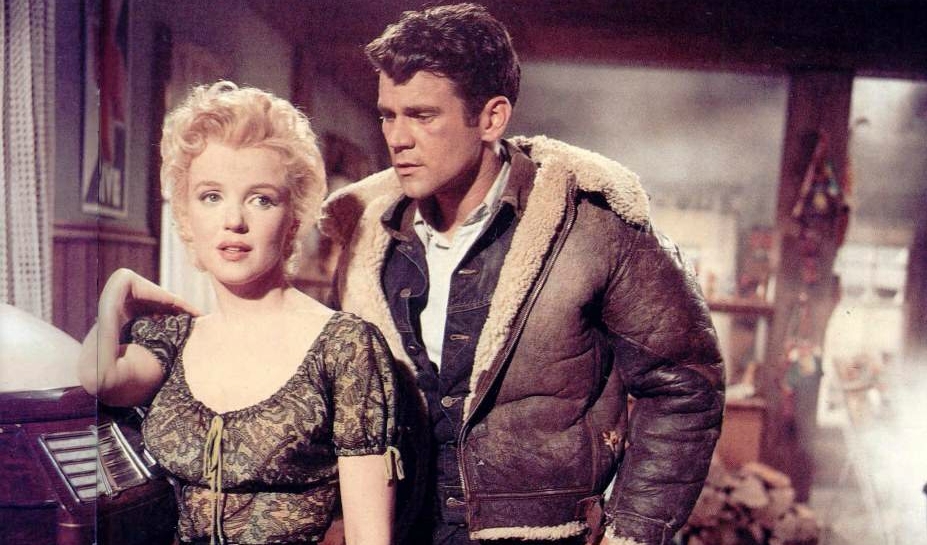
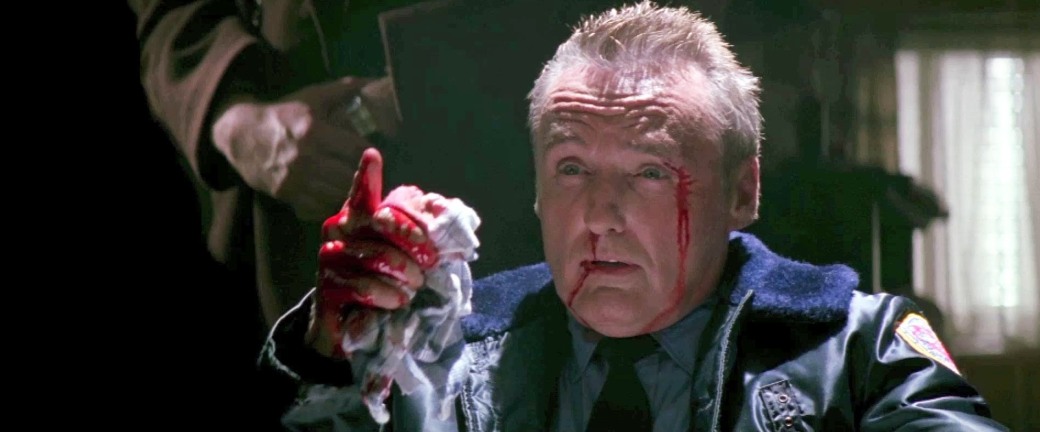
Recent Comments